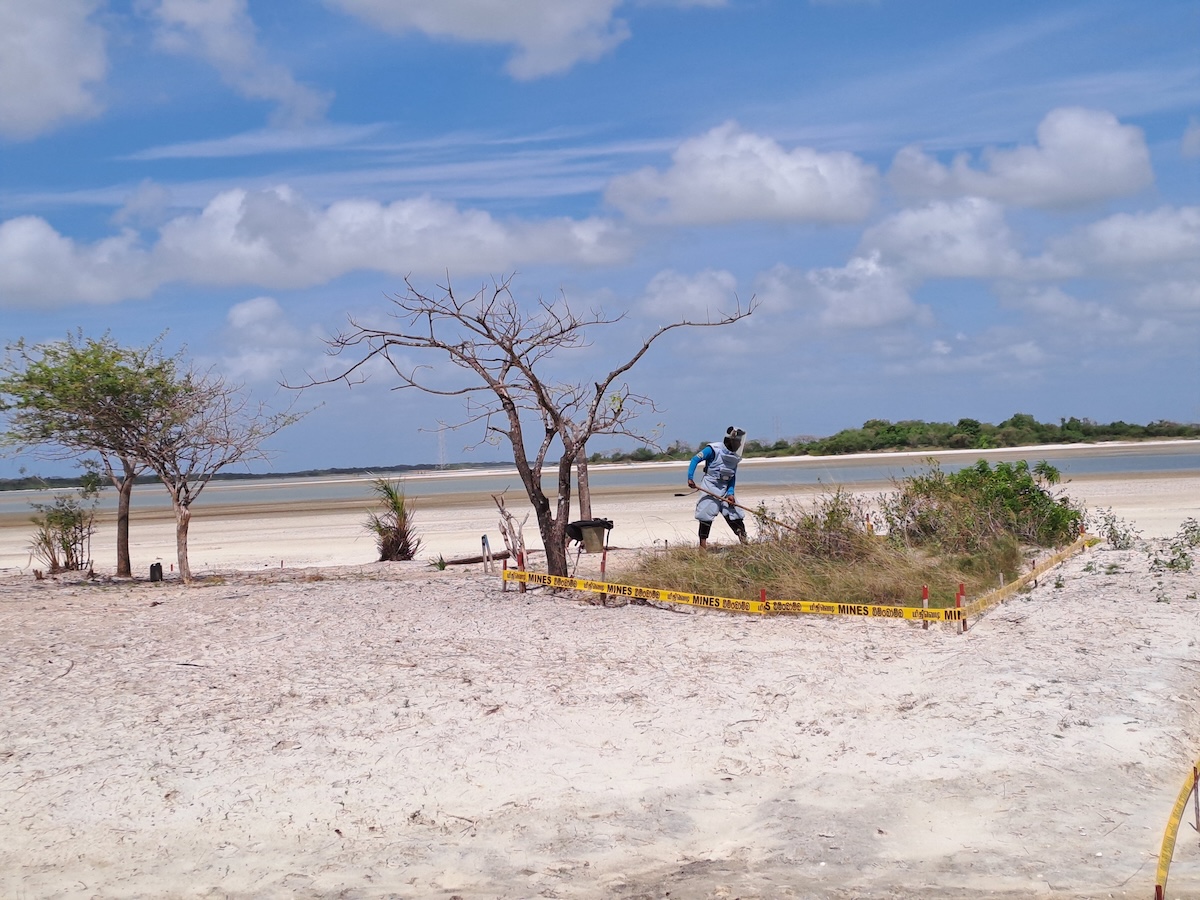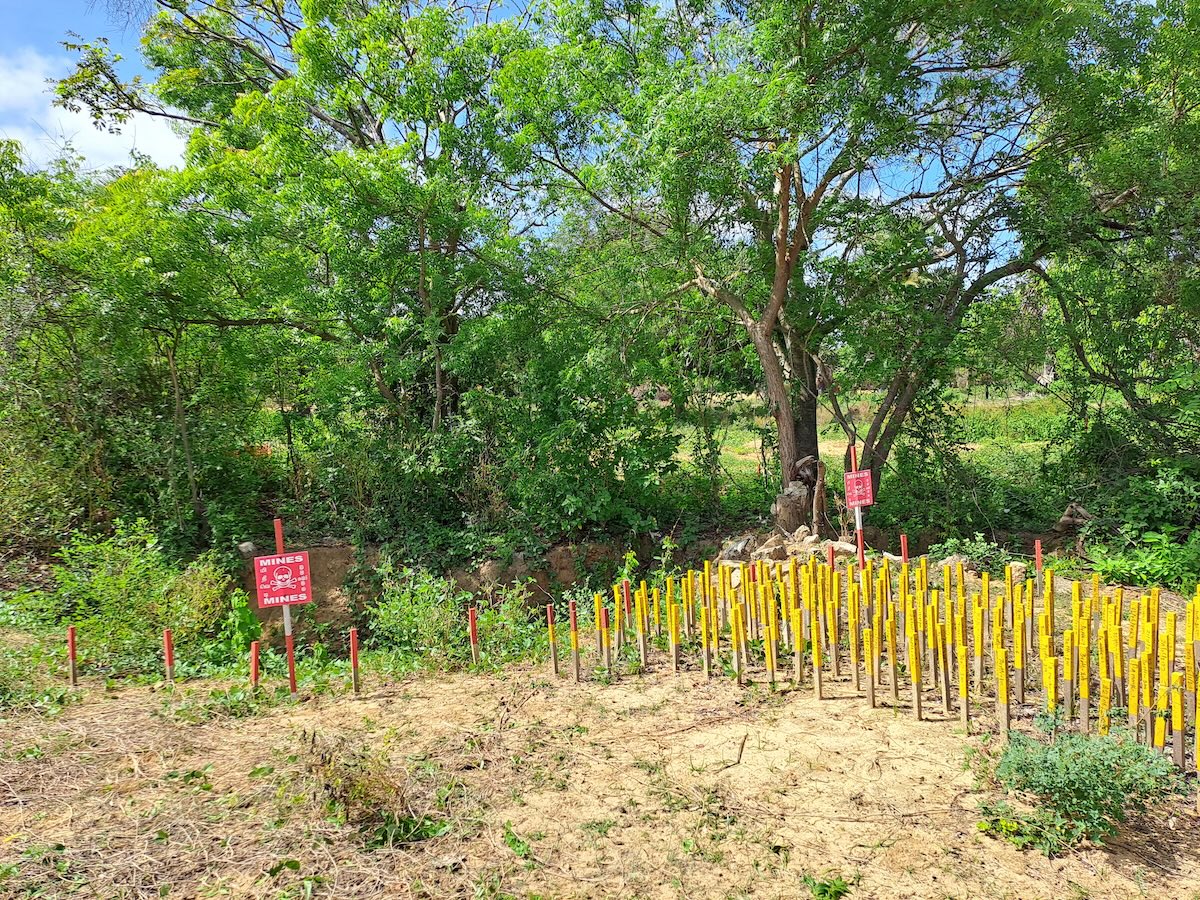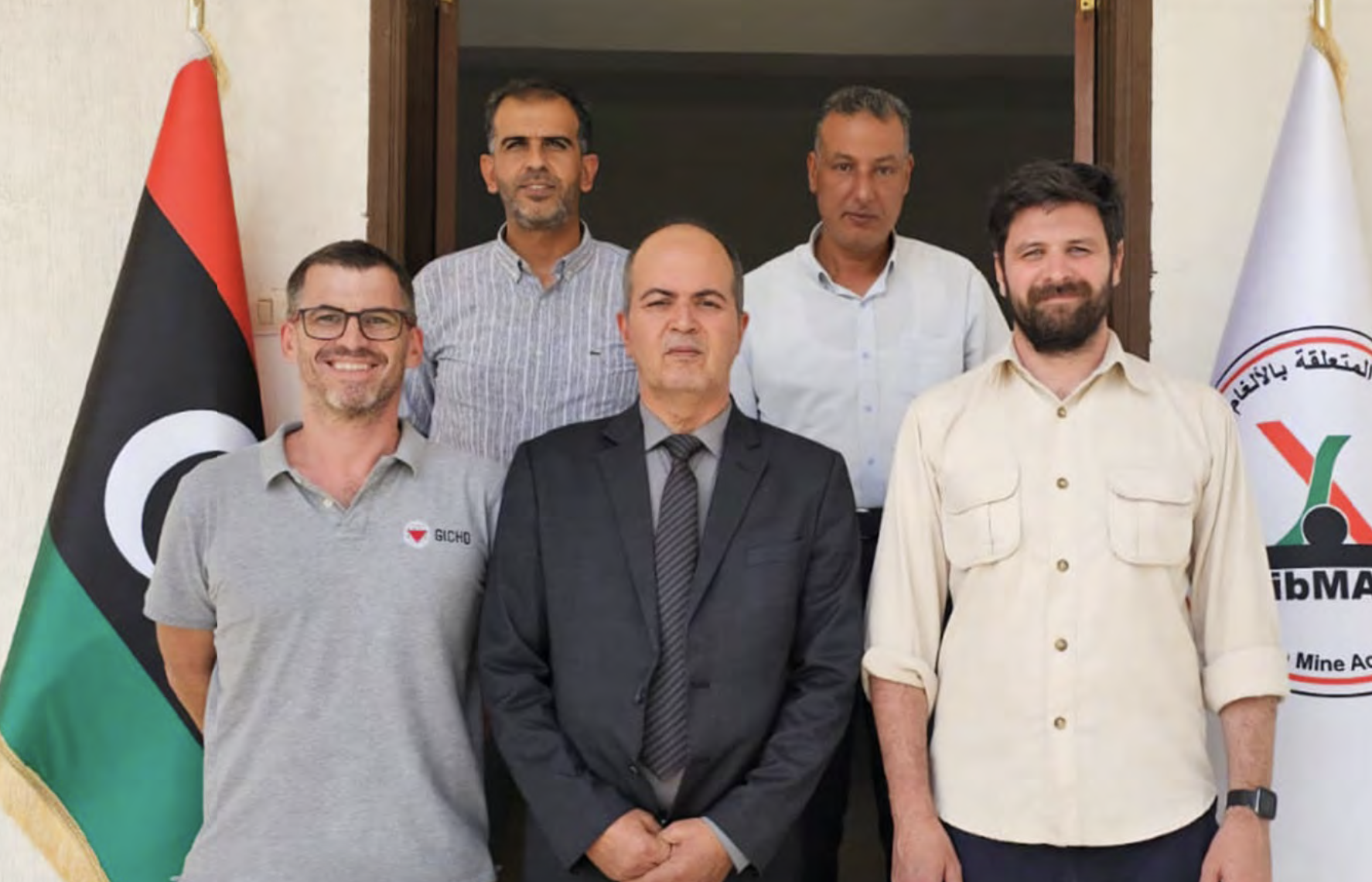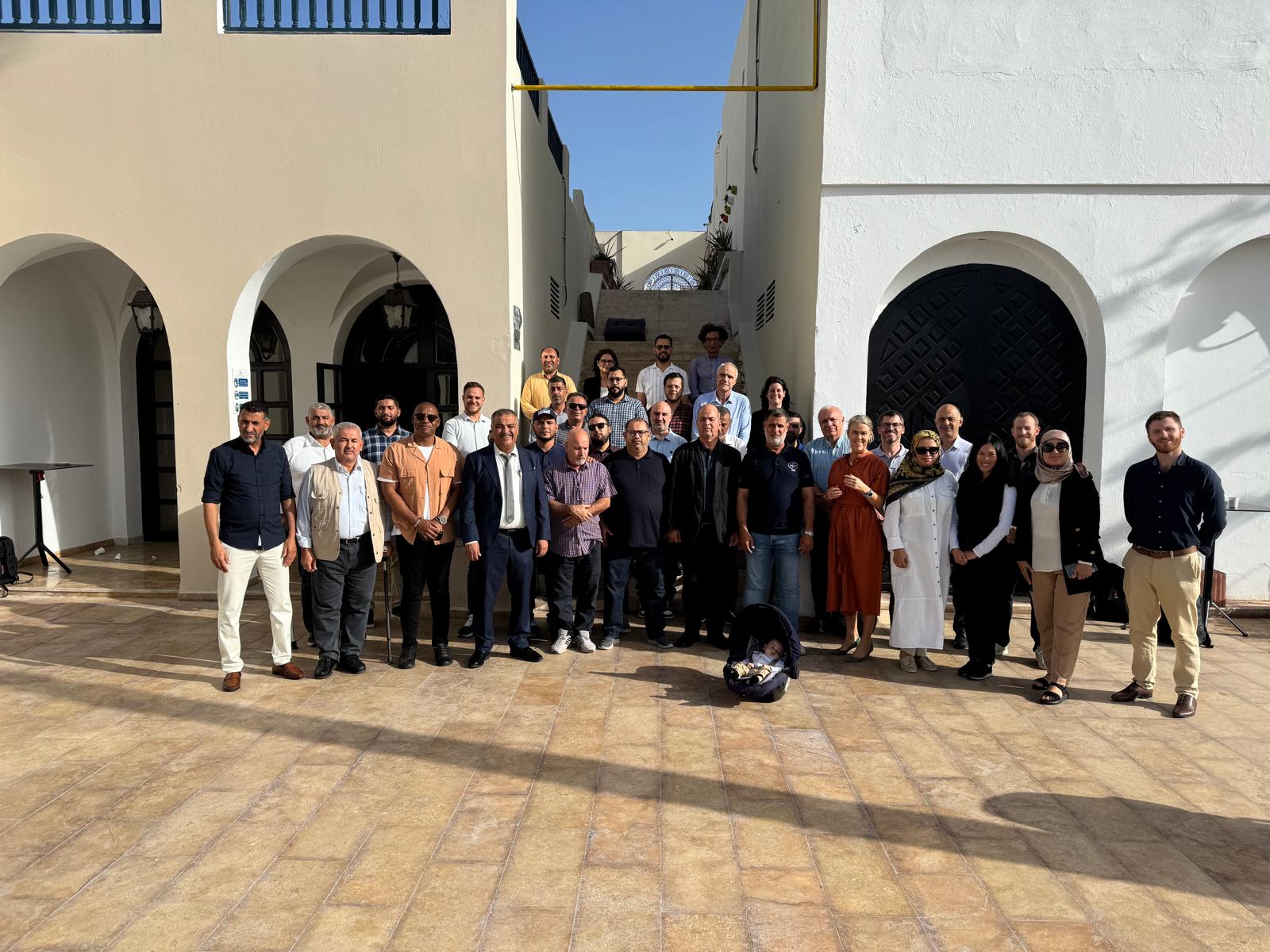Strong national strategies are most effective when developed consultatively, engaging not only mine action and ammunition management authorities, but also government ministries, national and international operators, and the broader UN and international community.
This inclusive approach identifies opportunities and challenges, ensuring that strategies address the needs and priorities on the ground. Through this collective effort strategies become more than just frameworks. They are holistic, grounded in national realities, aligned with local priorities, and designed for long-term success. They are the key avenue through which international commitments and obligations become localized.
In 2024, the GICHD continued to support affected countries throughout this process with strategic advice and technical expertise. Through workshops and good practice sharing, the GICHD assisted countries throughout the strategic planning process from Libya and Yemen, just at the beginning of their strategy journeys, to Sri Lanka, now implementing its mine action completion strategy.




